Mid March. Four little Cubans look at a cell phone camera from some forest on the border between Poland and Belarus. Behind hats and coats their helplessness is noticeable, reinforced by the torn voice of a mother asking for help.
They are part of a group of about thirty Cubans who come from Russia and were trapped in the context of the conflict in Ukraine. These little ones are just a tragic tip of the iceberg of Cuban children who today are in an uncertain and difficult situation in Russia and other Eastern European countries. Nobody knows how many there are.
Destination: Moscow
For years, the visa-free regime for Cubans turned Moscow into one of their most attractive destinations. Many go to Russia to buy merchandise to resell later in Cuba. Others travel without a return ticket.
Many Cubans sold everything they had on the island in the hope of escaping a precarious situation and reaching Russia, either with the goal of settling down or moving on to Europe. But the dream can easily turn into a nightmare.
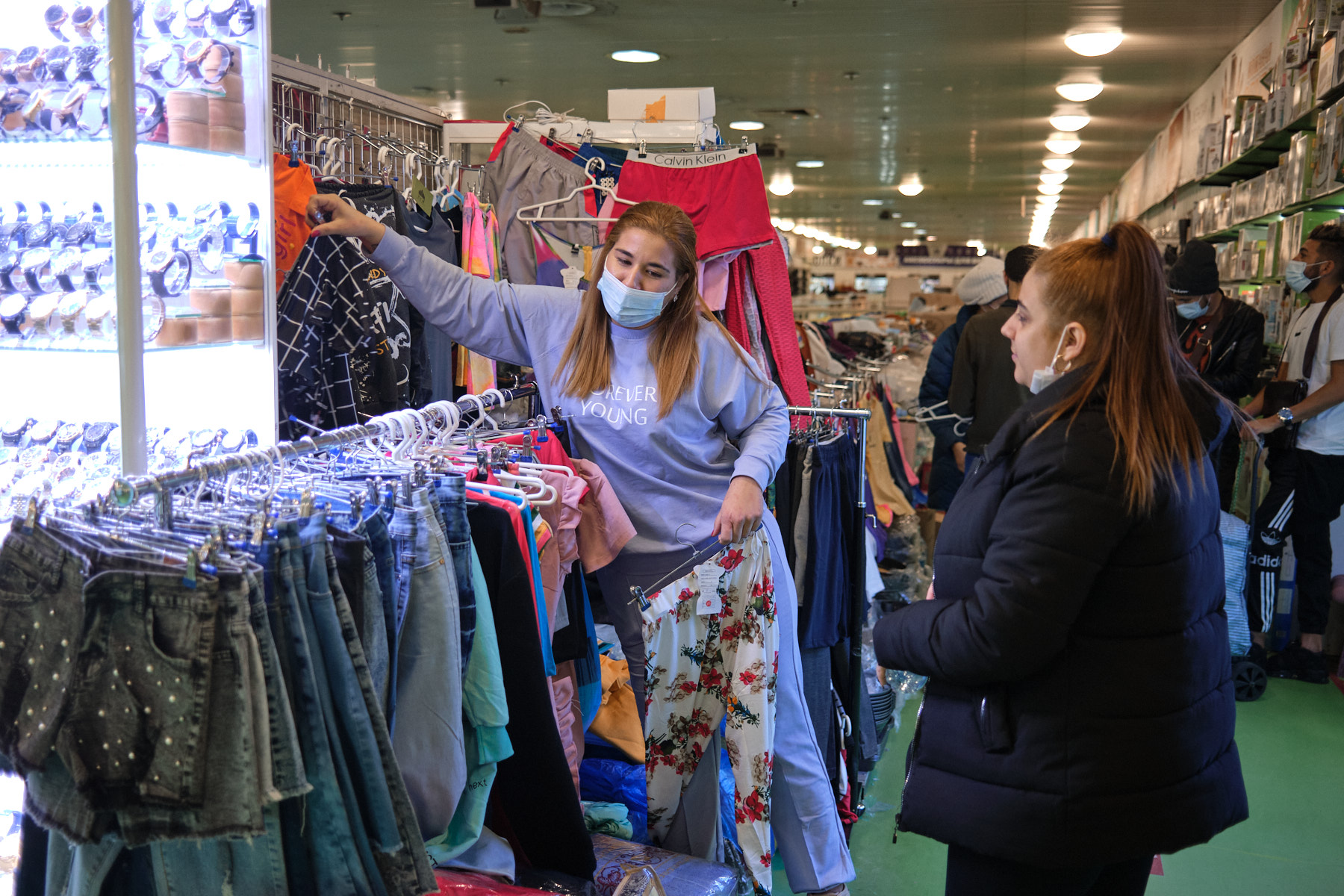
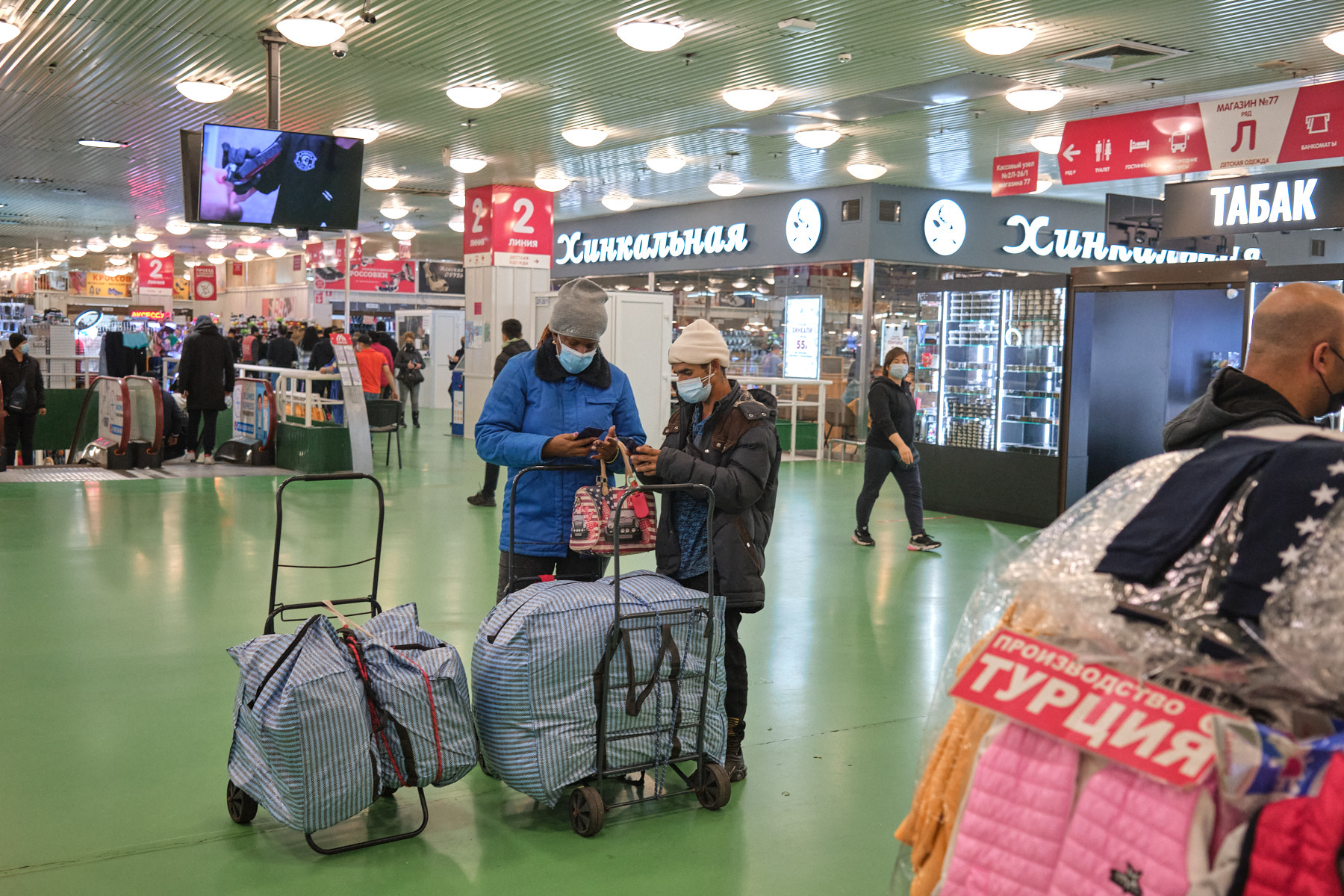
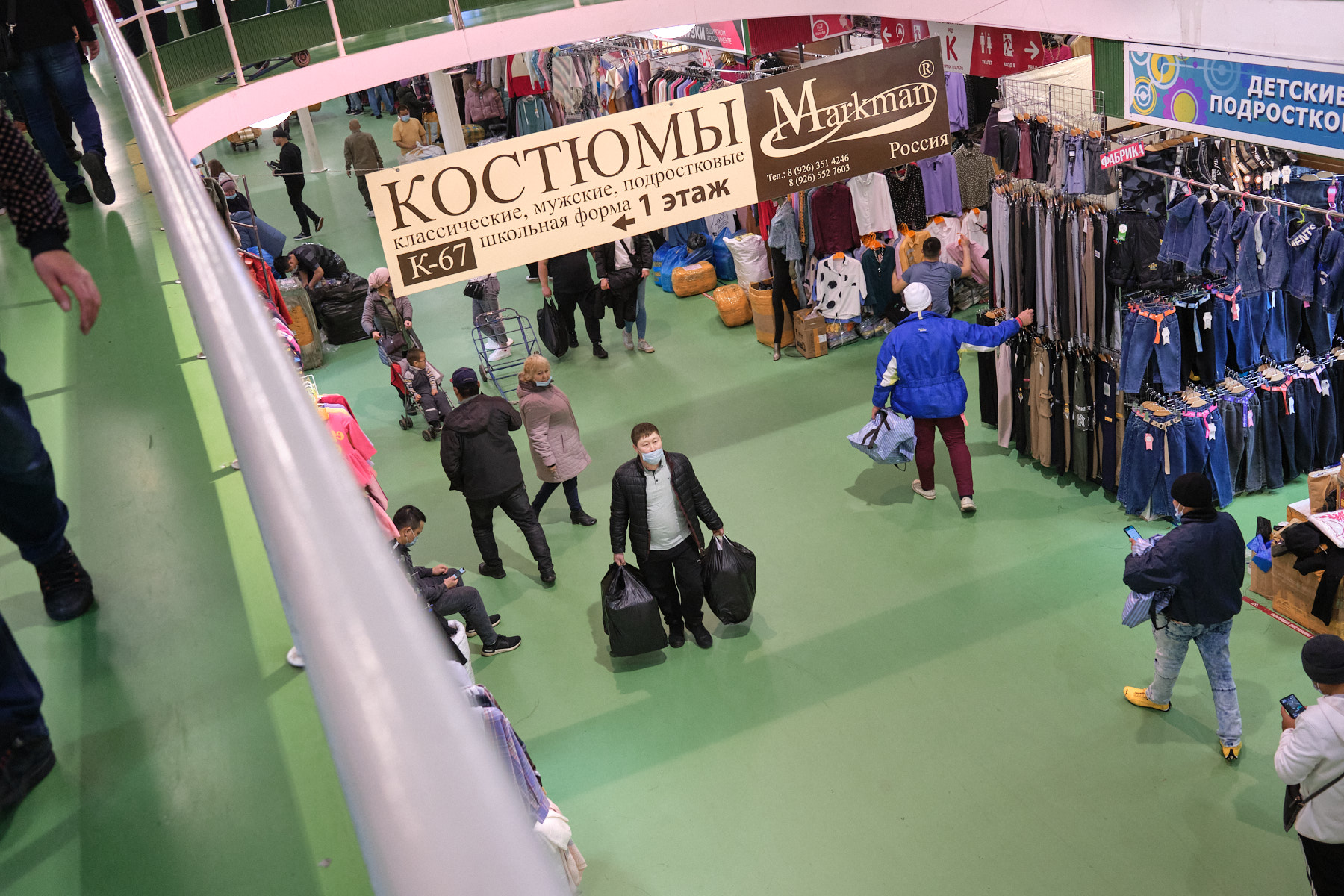
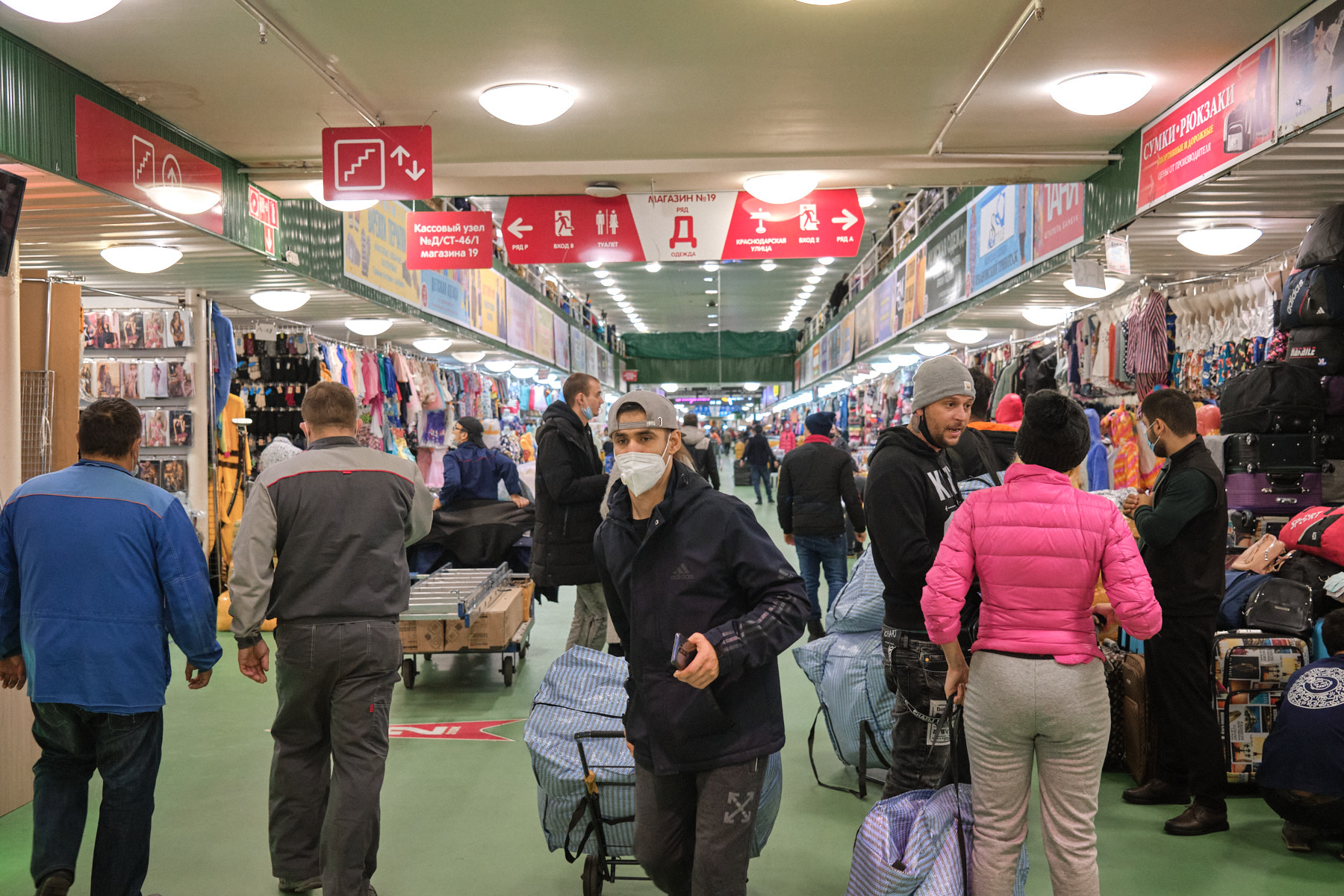
Sonia (34) is from Havana, mother of Marian, 12, and Nicholas, born in Moscow just over a year ago.
«I arrived in Russia with my husband and with my daughter on November 3, 2019, as tourists. I was stuck here because of COVID-19 and the flights being suspended.» She got pregnant. When international flights resumed, it was impossible for her to return to Cuba due to her pregnancy and her economic situation.
«Associations helped me by paying medical expenses; I had a high risk pregnancy. Thanks to them, I gave birth without any inconvenience; although my son was in intensive care for a month at birth», she says.
Sonia’s odyssey was just beginning. Without any legal status, without work, at the expense of scams, it has not been easy to raise two children in a foreign country, with an unknown language and a hostile weather.
Cases like Sonia’s knock every day on the door of Pedro Luis García, a young lawyer living in Moscow who began helping his fellow Cubans during the pandemic and now works at a law firm dedicated to immigration issues.
«There are many Cubans who arrive in Russia with the idea of settling in the country. The truth is that, when colliding with the harsh reality, they realize that it was not as simple as they had painted it», Pedro says.
Jump Into the Void
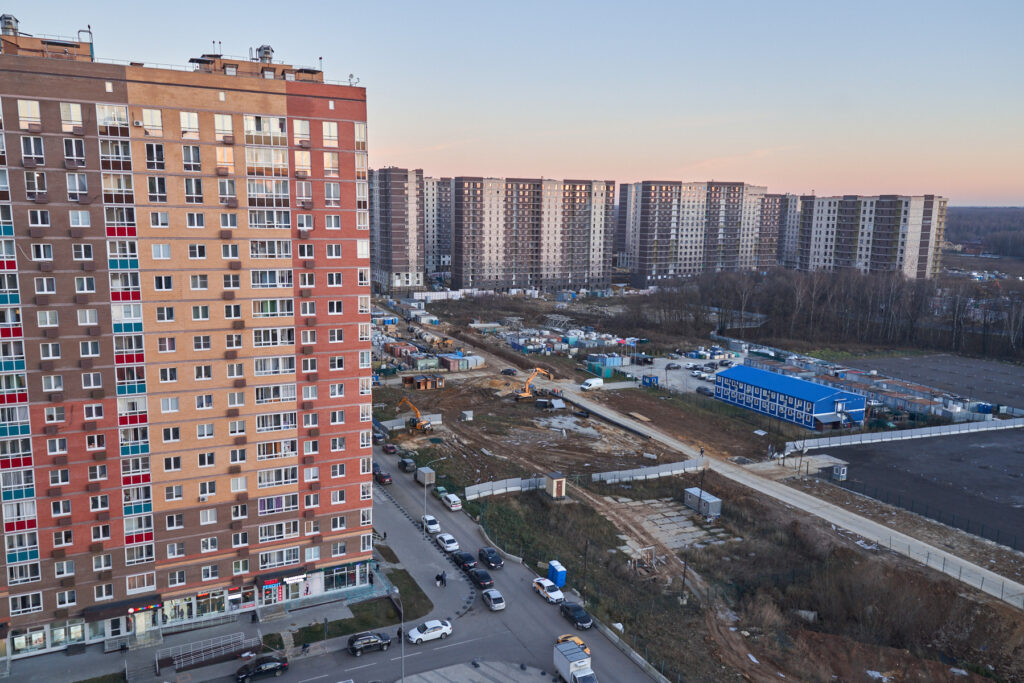
«What surprises me most about some people who contact me is that, without even knowing the Russian language or culture, they bring their young children. I understand that a good father or mother would not leave their children behind; but it is very risky to rush to an unknown country and not conducive to immigrants. It is to undertake a race for life together with children who will bear the same burden as adults, or more», comments the lawyer regarding the enormous risks that these families are willing to assume when leaving Cuba.
After the three months of stay allowed for Cubans traveling as tourists, the children (then illegal immigrants, as well as their parents), lack rights and any possibility of regularizing their immigration status. Not even those born on Russian soil to undocumented parents, like Nicholas. Russia does not grant birthright citizenship, just by descent.
Sonia knows it well: «This country, although he was born here, does not recognize him as Russian. We can’t have health insurance because we don’t hold any legal status. [Minors in this situation] are not allowed to study, so my children have no bond with other children».
However, is there any way in which a Cuban can obtain documents through the birth of a child in the Russian Federation? According to García, «the short answer is yes; but it is not a quick process. It requires time, patience and money. You have to pay for many documents and legal procedures», he details.
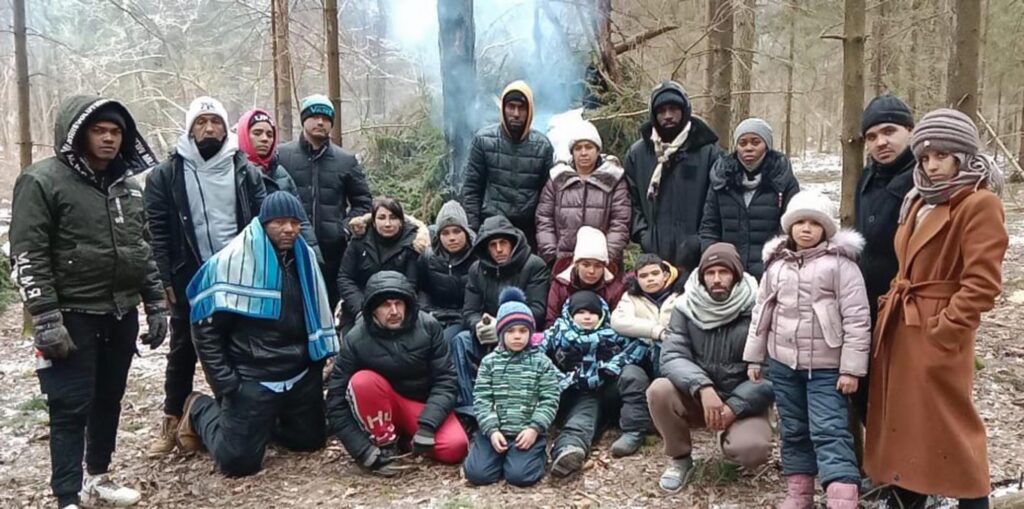
For now, Sonia has managed to get Nicholas health insurance through one of the churches that helped her before. The child has continued to get sick and has required medical attention, further complicated by the language barrier.
For Marian, Sonia’s other daughter, it has also been difficult. Until today she has not been able to integrate, despite the fact that, according to her mother, «she likes» Russia.
«I have asked her a lot if she wants to return to Cuba; her answer is no. She just asks me to go to school. Not being able to offer her an education is what frustrates me: she is a shy girl and the school would help her to relate», Sonia says.
Pedro Luis García has made some efforts so that there is at least one option. «Thanks to the cooperation of a group of people and the initiative of the Bera Agency, in which Cuban lawyers work, Cubans were granted access to a private school with a minimum charge. The principal agreed for the welfare of the children; so there is already a group of happy parents because their children are entering the Russian education system, as well as its language, culture and history», he says. But it is far from being a solution for everyone. «Some, for money reasons, have stopped taking them to school and others just don’t care anymore», he explains.
For Sonia it is «almost a joke». She finds it impossible to pay 17,000 rubles (about $170 at current exchange rates) each month, plus a daily fare for transportation and food. «Do the math and tell me which Cuban can pay for that».
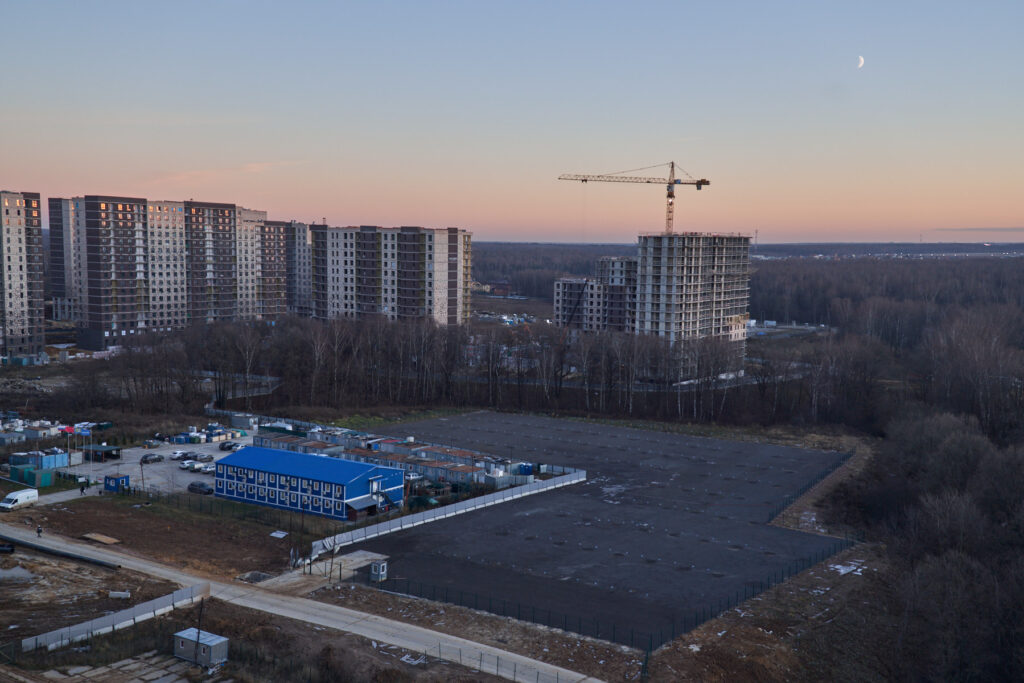
In the Streets With -4 Farenheit
A private school is an unattainable dream for many undocumented Cubans, who must first worry about offering their children a roof over their heads and something to eat.
Pedro Luis García is «crushed in the heart» by this reality. He frequently receives «calls from people asking for help because they are on the street after having exhausted their few resources».
«I keep contacts from some shelters I was in contact with during the harder times of the pandemic. I use them in extreme cases, such as homeless parents with small children, at the mercy of temperatures of -4 degrees».
It is the story of Nelly and her family, from Pinar del Río. After months in Moscow and a failed attempt to go to North Macedonia, they decided to return to Cuba, but were scammed when buying plane tickets. They had no choice but to go outside with their two children, ages 2 and 4, in sub-zero temperatures.
After several posts on social media, including one by the Cuban Consulate, they were able to receive shelter and support from some fellow Cubans, and managed to fly; but they still remember with horror the experience of fearing for the lives of their children out in the open in a frozen city.
«More than once we stayed on the street. We survived thanks to Cubans who helped us with rent, food, money…», they say back on the island.
Pedro Luis was among those who collaborated. «They stood at the entrance of the Cuban Embassy; but the embassy has no money to offer them and cannot find shelter for people who come to Russia on their own and lose everything. Some officials have called me to support them in finding a solution», he explains.
He has gone «to the Russian entities that collect their own unprotected citizens. They welcome them and provide them with food, clothing and even a place to stay. Thanks to my status as a Russian citizen, I have used these entities to help my countrymen.»
Not everyone is grateful and, in some cases, «even if they had been on the street two hours before, with children, they began to demand better conditions «at gunpoint», as if it was a right. Others unfortunately steal in these places, so these entities do not want to continue serving Cubans», he explains.
Abuses and Child Labor
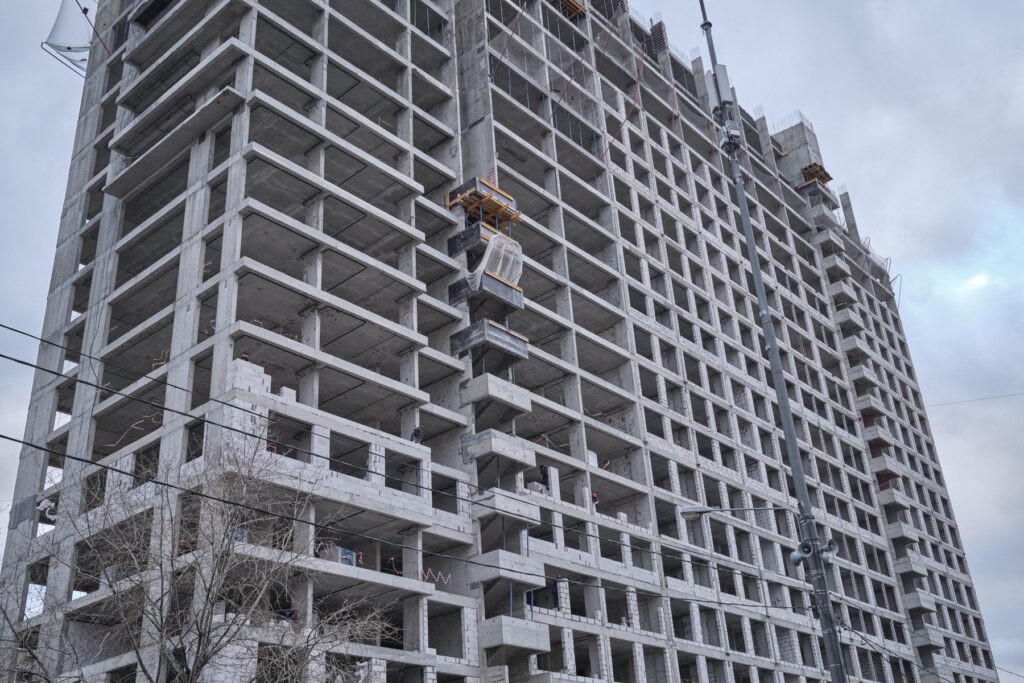
Recently, a grandfather from Cuba asked for protection for his grandson through a post on Facebook. The minor was allegedly being abused by his stepfather in Russia. If true, he and any other minor in a similar situation are totally defenseless. Between the language barrier and the illegal status, any intervention of the authorities is very unlikely. And beatings are not the only type of abuse that can be suffered within the family itself.
García adds that «there are parents who, due to ignorance of the law, believe that in Russia a 14-year-old child can work alongside an adult and allow their children to work in construction, an absolutely inappropriate environment and, moreover, stalked by police and immigration authorities».
«There was a case in which they arrested the father and his son, a minor. Both worked in construction. The father was fined and the minor was placed under surveillance in a foster home. The family never contacted me again; but the last thing I knew is that the authorities refused to return the minor to his parents for having forced him to work», the Cuban lawyer comments.
No Return Ticket
Despite the obstacles, the economic crisis caused by the sanctions on Russia and the instability in the region, many Cubans do not consider returning home. Some do not have the money needed (a ticket used to cost around 1000 euros, now even more) and, in any case, international flights are practically suspended. Many just don’t want to.
Sonia only asks that her children be allowed to study in Russia and improve their quality of life. «In my native country it is precarious», she states.
«In Cuba I had nothing, not even where to live. Here, despite my irregular status, my children have what to eat and the bare minimum to live. If they could just study and I could work without inconvenience, it would be perfect», she declares. «If that’s not possible, I would try to go to another place; I wouldn’t like to return to Cuba. Also if I were there now I might have problems, because I don’t agree with many things and I don’t know how to keep my mouth shut».
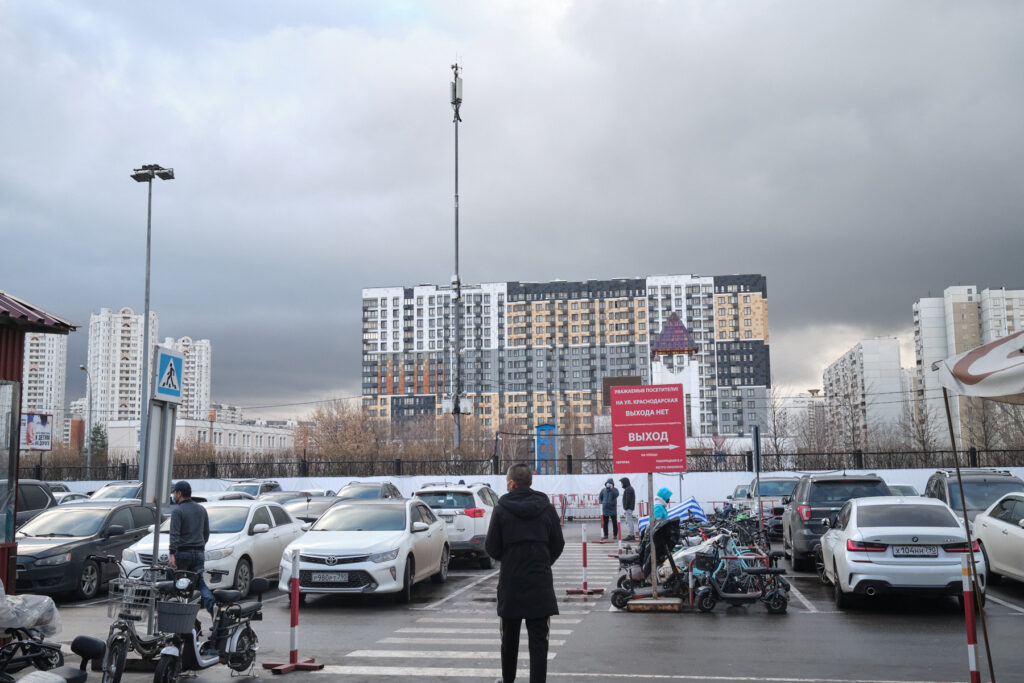
Crossing Borders
There are thousands who risk everything, even with small children, trying to enter Europe through Belarus, Finland, Serbia, North Macedonia, Greece… Routes traditionally used by migrants from the Middle East, especially since access was closed through the Western Balkans between 2015 and 2016. Spain is often the desired destination for Cubans. There is the largest community of Cubans in Europe and the second largest after the United States worldwide.
«Most do not make it», warns Garcia. «They are detained at the borders, or they are made to return with deportation stamps to Cuba, having lost everything. Others have the misfortune of being detained in immigration centers, where minors are separated from adults».
«Some Cubans with a girl tried to cross the Lithuanian border and there they were arrested at gunpoint and later released in a remote place», says the lawyer. In the last months of 2021, the number of international migrants moving through this area doubled. The crisis dominated headlines for weeks.
The congestion and dangers of these access routes to Europe have become more complicated since February due to the situation in Ukraine. Some 3.5 million refugees have fled the country; and the borders of the European Union have been militarized and reinforced.
The fate of the Cuban little ones in the Belarusian-Polish forest in the video is still unknown. With any luck, they’ll be in a safer place. As the English proverb says, «no news is good news»; although silence in cases like this is not always a good messenger. The tragedy continues to haunt them and many other Cuban children who have landed in this winter land.
Read this story in Spanish.

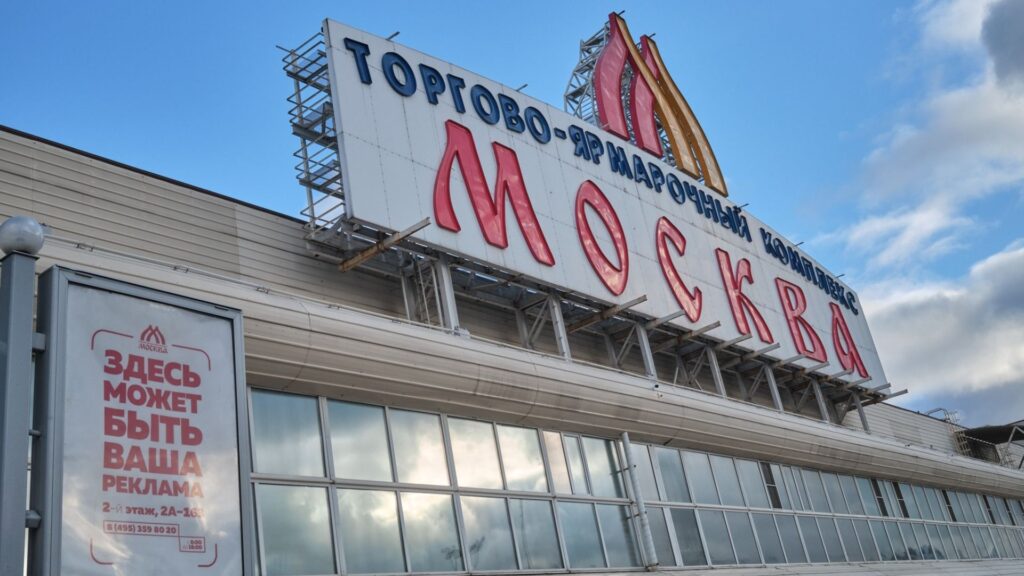

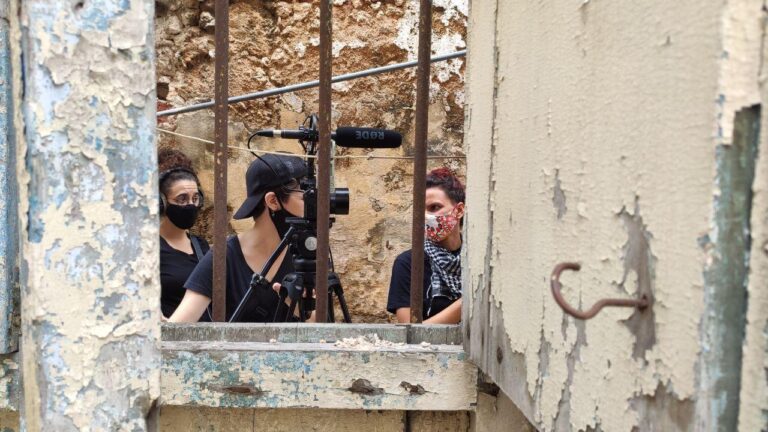
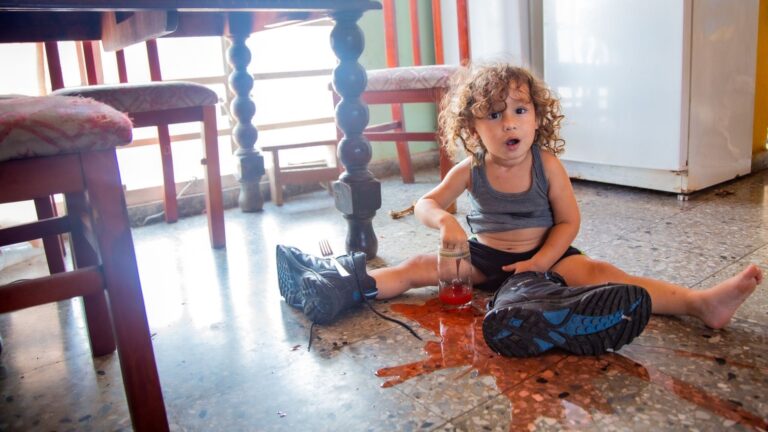
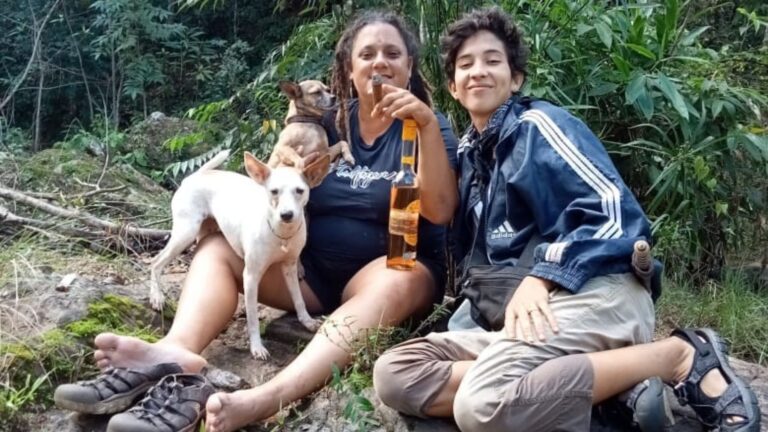

Esta entrada tiene un comentario
Pingback: Niños cubanos en Rusia con destino incierto - Matria